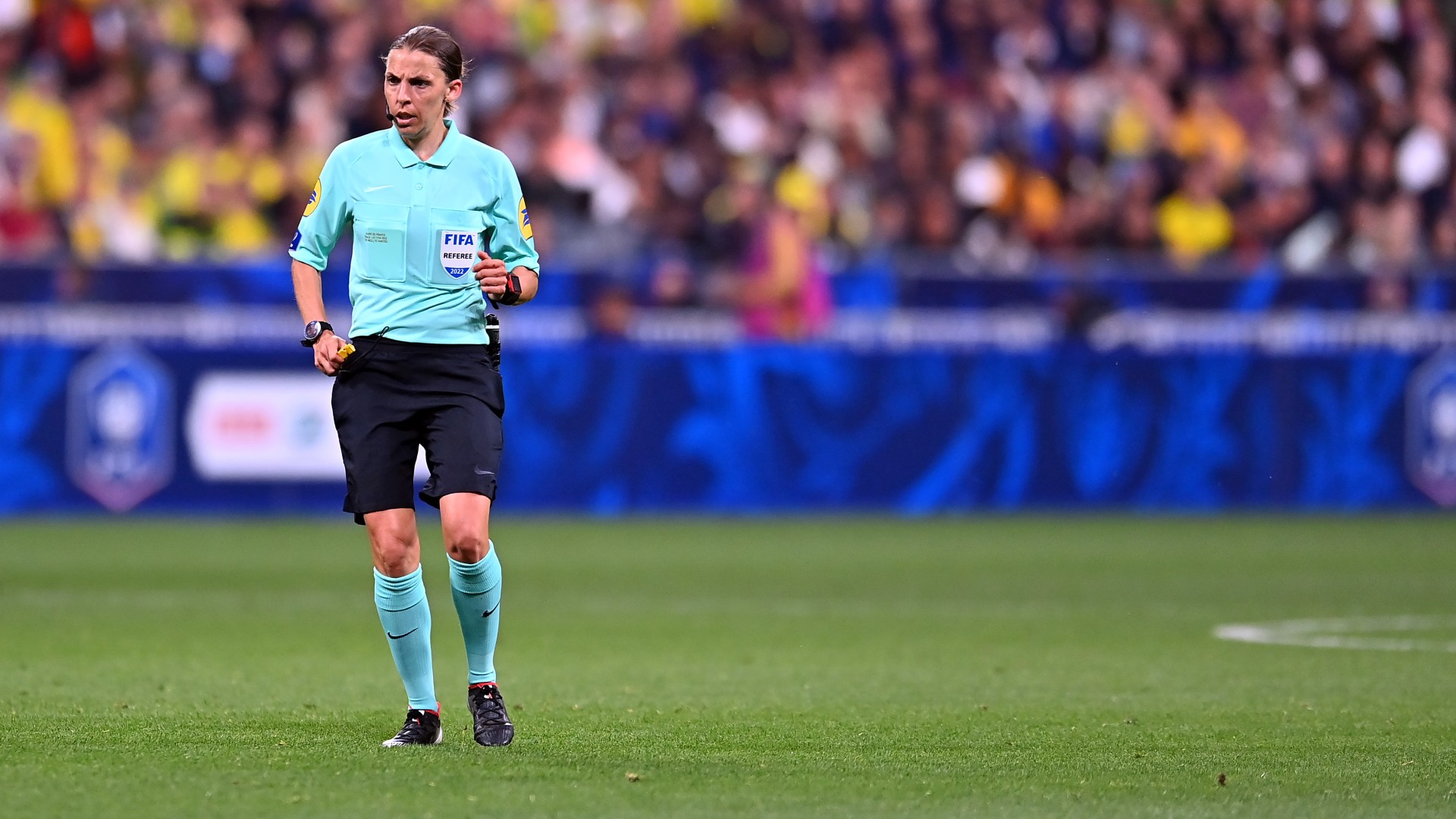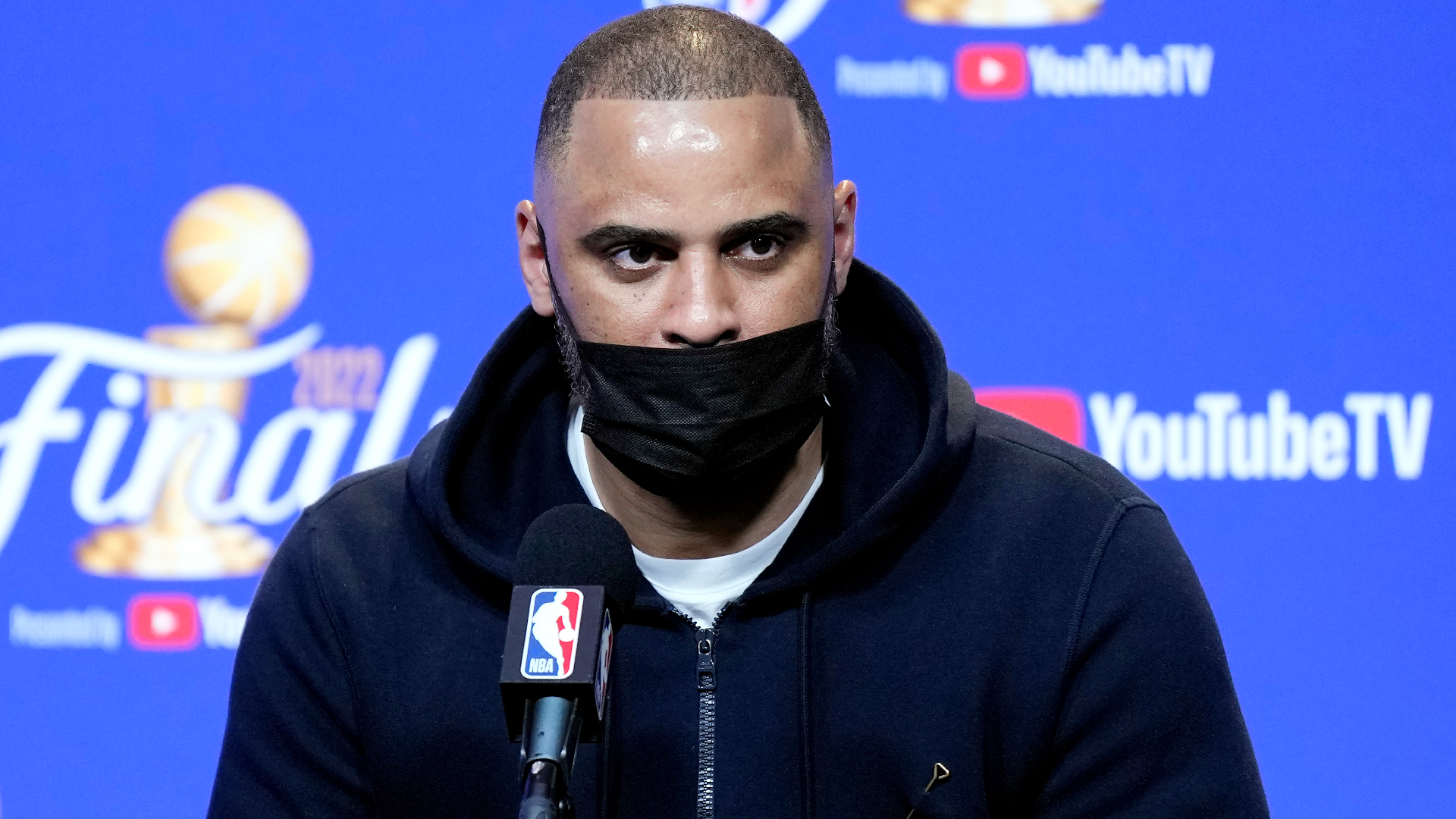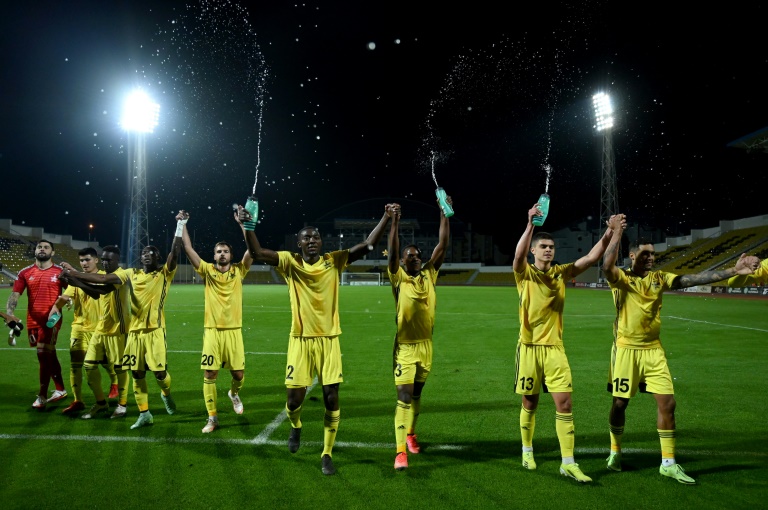
The 2022 men’s World Cup will feature female referees for the first time in the competition’s history.
FIFA announced on Thursday the list of 36 referees, 69 assistant referees and 24 video match officials that have been chosen for the tournament, which is to be held in Qatar in November and December.
Three female referees, Stephanie Frappart, Salima Mukansanga and Yoshimi Yamashita, and three assistant referees, Neuza Back, Kathryn Nesbitt and Karen Diaz Medina, have been included.
Frappart has experience in top-level European football, becoming the first female to referee a Champions League match and European Championship qualifiers, while she has also taken charge of Ligue 1 games.
Mukansanga became the first woman to referee a match at the Africa Cup of Nations, while Yamashita was the first woman to officiate an AFC Champions League match.
Pierluigi Collina, chairman of the FIFA Referees Committee, said: “We are very happy that with Stephanie Frappart from France, Salima Mukansanga from Rwanda and Yoshimi Yamashita from Japan, as well as assistant referees Neuza Back from Brazil, Karen Diaz Medina from Mexico and Kathryn Nesbitt from the USA, we have been able to call up female match officials for the first time in the history of a FIFA World Cup.
“This concludes a long process that began several years ago with the deployment of female referees at FIFA men’s junior and senior tournaments.
“In this way, we clearly emphasise that it is quality that counts for us and not gender. I would hope that in the future, the selection of elite women’s match officials for important men’s competitions will be perceived as something normal and no longer as sensational.
“They deserve to be at the FIFA World Cup because they constantly perform at a really high level, and that’s the important factor for us.”
Premier League officials Michael Oliver and Anthony Taylor are also part of the referee team.
“As always, the criteria we have used is ‘quality first’ and the selected match officials represent the highest level of refereeing worldwide,” Collina added.
“The 2018 World Cup was very successful, partly because of the high standard of refereeing, and we will do our best to be even better in a few months in Qatar.
“The pandemic affected our activities, in particular in 2020 and at the beginning of 2021. Luckily, the World Cup was still quite far, and we had enough time to provide the candidates with good preparation.
“We are announcing these selections well in advance as we want to work even harder with all those who have been appointed for the FIFA World Cup, monitoring them in the next months.
“The message is clear: don’t rest on your laurels, keep working hard and prepare yourselves very seriously for the World Cup.”








